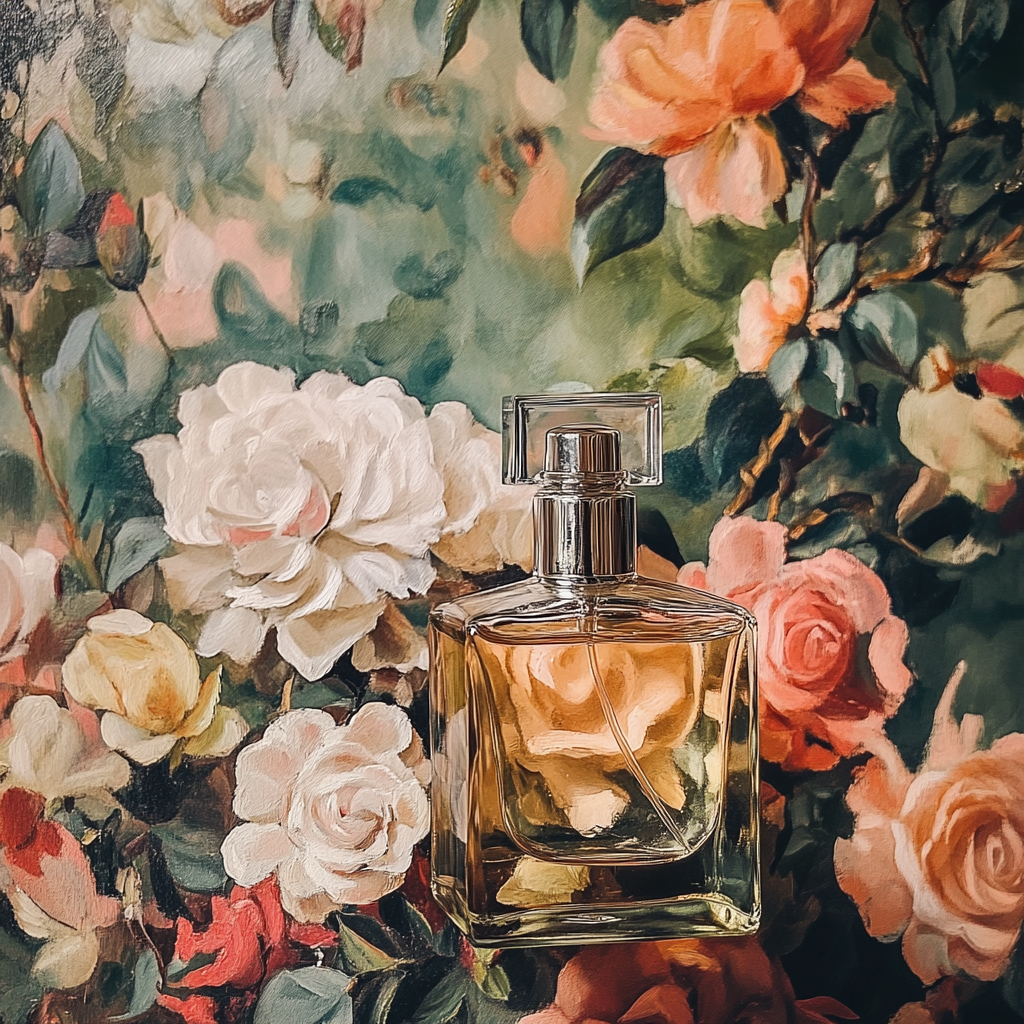Fragrance plays a pivotal role in social interactions, subtly influencing how we are perceived by others. Leisure in paradise scent can enhance your presence, boost confidence, and leave a lasting impression. However, the opposite is also true—overpowering scents can overwhelm and alienate those around you. Striking a balance between smelling good and not overwhelming others is key to enjoying your perfume responsibly. In this article, we will explore how to find that balance by understanding fragrance intensity, choosing the right amount of perfume, respecting social etiquette, and considering the season and occasion.
Understanding Fragrance Intensity
One of the first steps in ensuring you don’t overdo it with perfume is to understand fragrance intensity. Different perfumes have varying levels of concentration, which determines how strong the scent will be and how long it will last. The primary categories include parfum, eau de parfum, eau de toilette, and eau de cologne, each with different concentrations of aromatic oils.
Parfum, also known as perfume extract, contains the highest concentration of fragrance oils, ranging between 20% to 30%. It offers the most intense scent, often lingering on the skin for 8-12 hours. Next is eau de parfum (EDP), with a concentration of 15% to 20%, which still offers a powerful scent but is slightly lighter and typically lasts for 6-8 hours. Eau de toilette (EDT), with 5% to 15% fragrance oils, delivers a lighter scent that lasts around 4-6 hours, making it more suitable for daily wear. Finally, eau de cologne (EDC) has a much lower concentration, around 2% to 4%, making it ideal for a brief, fresh touch of fragrance lasting 2-3 hours.
Understanding these concentration levels helps you choose the right type of perfume based on the occasion and the intensity you want to convey. A stronger scent may not always be appropriate for casual or close-quarters settings, while a lighter fragrance may be perfect for everyday wear or social gatherings.
Choosing the Right Amount of Perfume
Choosing the correct amount of perfume is essential to ensure you’re not overwhelming the people around you. While it’s tempting to spritz on a few extra sprays, especially when wearing a beloved scent, over-application can lead to an overpowering cloud that may irritate others. Less is often more when it comes to fragrance, and it’s important to be mindful of this.
- A good rule of thumb is to apply perfume to your pulse points—such as the wrists, neck, and behind the ears—where the warmth of your body helps to diffuse the fragrance gradually. Two to three sprays are typically enough to create a pleasant aura of scent without becoming too intense. If you’re wearing a highly concentrated fragrance like parfum, even one spritz can be sufficient.
- Another helpful tip is to avoid spraying perfume directly onto your clothes, as fabric can hold onto fragrance much longer than skin. This can lead to the scent lingering and intensifying throughout the day, potentially becoming overwhelming. Instead, focus on pulse points, where the scent will naturally fade over time.
- In addition, consider reapplying your perfume only when needed. Some people make the mistake of refreshing their fragrance too often, not realizing that the scent is still very much present for those around them. Reapply only if the fragrance has truly faded and only in small amounts to avoid being overpowering.
Fragrance and Social Etiquette
Wearing fragrance comes with a degree of social responsibility. A perfume that smells wonderful to you might be too intense for someone else, especially in close settings like offices, restaurants, or public transportation. Strong fragrances can cause discomfort, trigger allergies, or even provoke headaches in those who are sensitive to scents. It’s important to be aware of how your fragrance may affect others and to adjust your usage accordingly.
In social settings, such as a work environment or a social gathering, consider the proximity you’ll have to other people. If you know you’ll be in a crowded or enclosed space, it’s wise to opt for a lighter fragrance or use fewer sprays. Personal space is limited in these situations, and a heavy scent can quickly become overwhelming. Conversely, if you’re outdoors or in a large, open area, a slightly stronger fragrance might be more appropriate as it will disperse more easily in the open air.
One way to ensure you’re respecting others’ preferences is to ask yourself: “Would I want to smell this strong scent for hours if I were sitting next to someone?” This simple reflection can help guide you in applying the right amount of perfume. Furthermore, be mindful of any fragrance-free zones, which are becoming more common in workplaces and public spaces. Adhering to these guidelines demonstrates respect for the people around you and their comfort.
Seasonal and Situational Considerations
Not all fragrances are suitable for every occasion or season. Warm, heavy scents, such as those with notes of musk, amber, or wood, can feel overpowering during the summer months when heat intensifies the fragrance. On the other hand, fresh, light scents, such as those with citrus or floral notes, are perfect for warm weather because they remain subtle even as the temperature rises.
In contrast, the colder months of fall and winter are ideal for wearing richer, more intense perfumes. The cooler air tends to soften the impact of heavier scents, allowing for deeper and more complex notes to shine without overwhelming. Oriental, spicy, or gourmand fragrances tend to work particularly well in colder weather, providing a cozy, enveloping scent that complements the season.
For specific occasions, it’s essential to adjust your fragrance choice accordingly. A day at the beach or a casual outing calls for a light, breezy scent—something that won’t feel out of place in the fresh, open air. In contrast, formal events or evening gatherings may warrant a bolder, more dramatic fragrance. Choosing the right perfume for the right occasion can enhance not only your personal experience but also the enjoyment of those around you.
In conclusion, being mindful of your perfume choice and application is key to ensuring a positive experience for both yourself and others. By considering fragrance intensity, social etiquette, and seasonal variations, you can enjoy your favorite scents without overpowering your surroundings.
Finally, we recommend reading our article, where we talked about how to store perfume correctly.
FAQ
Parfum has the highest concentration of fragrance oils (20%-30%), offering an intense scent that lasts 8-12 hours. Eau de parfum (EDP) has a slightly lower concentration (15%-20%) and lasts about 6-8 hours, making it a bit lighter.
Eau de toilette (EDT) contains 5% to 15% fragrance oils, and its scent lasts around 4-6 hours, making it a lighter option suitable for daily wear.
Eau de cologne (EDC), with its low concentration of 2% to 4% fragrance oils, provides a brief, fresh scent that lasts 2-3 hours, making it ideal for short outings or a quick refresh.

